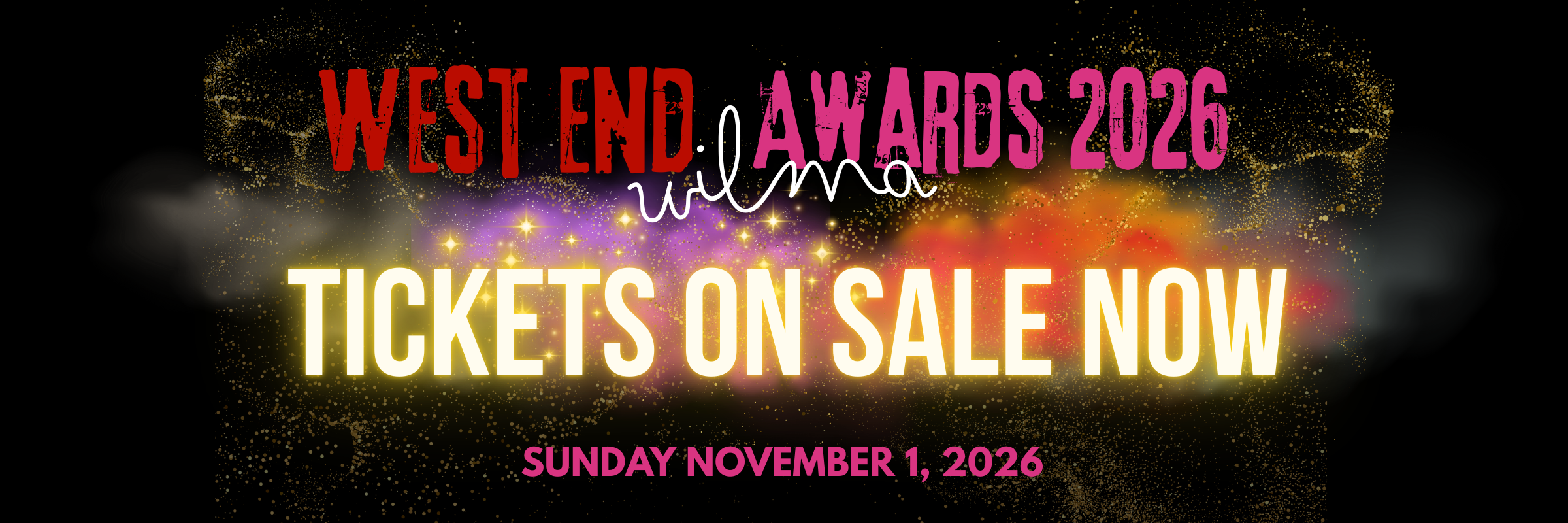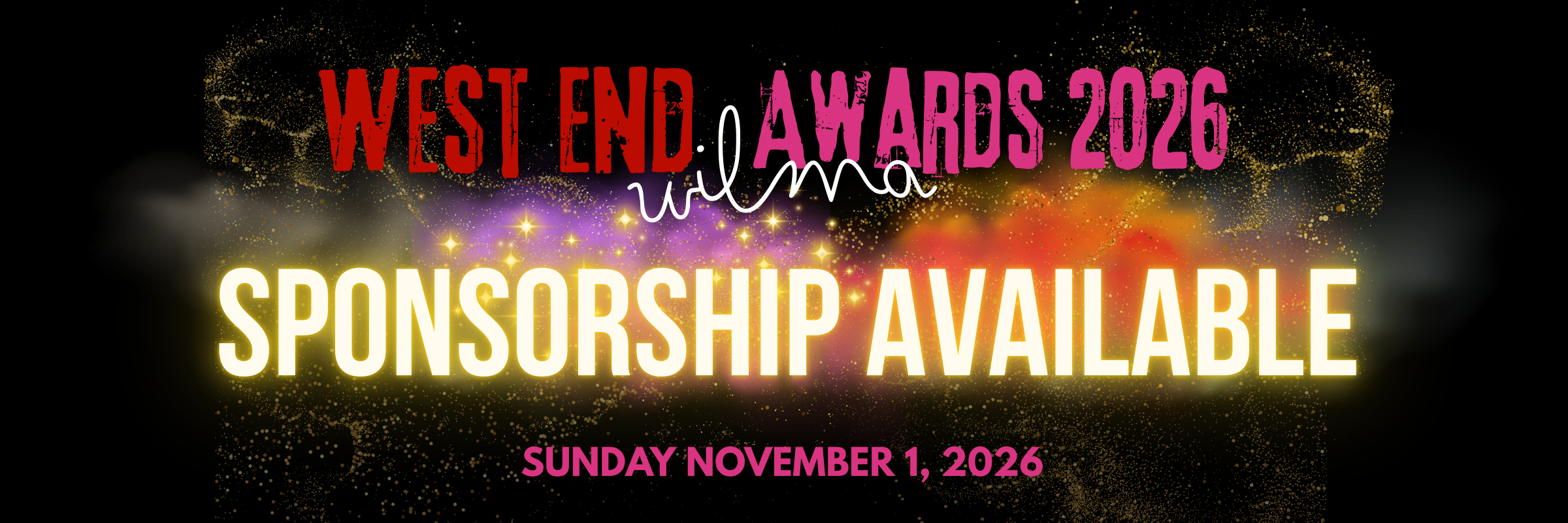
In 2010 director Cora Bissett saw a documentary called ‘Tales From the Edge’ and it was this that first introduced her to the ‘Glasgow Girls’; an incredibly tenacious and loyal bunch of schoolgirls who, alongside members of their close knit community, initially fought to stop one of their friends being deported back to Kosovo and ultimately changed the way that child asylum seekers are treated in Britain.
The ‘Glasgow Girls’ is a cracking, punchy and political piece of theatre and so SO relevant for audiences today. In no other time in history have more people been displaced due to persecution and conflict. In fact the UNHCR website states that in 2015 65.3 million, or one person in every 113 were forced to flee from their homes.
Using a mixture of narrative storytelling, song and direct address ‘Glasgow Girls’ personalises and tells the very personal tale of a fantastic group of human beings.
Different composers were approached to create a diverse range of songs for the piece. From the buoyant ‘We are the Glasgow Girls’ to the plaintive and beautiful ‘I Have a Dream’ to the grime electronica of ‘AT IT’ the songs reflect the diverse range of cultures that the story celebrates. However, as each of the songs is so distinct, with no running theme or thread the piece feels more like a play with music, rather than a musical. This is no bad thing though and gives the ‘Glasgow Girls’ an even more (if it is really needed) authentic edge.
The piece feels that it is pitched to speak directly to teenage audiences, although the story is universal the language and tone is particularly accessible, (I took along my Glaswegian friend who thought it far too tame to be wholly authentic!). ‘Glasgow Girls’ also has a seemingly didactic quality that would suggest it would work well for large school groups. It would be a wonderful text to study in English or Drama class with the resulting trip to the theatre to see it in its full glory. The questions asked, the cultures explored, the themes of family, friends and identity and the moral issues raised are all important and integral topics explored and discussed in secondary education.
The cast multi role, work fabulously together and are an excellent ensemble. Although the young girls themselves are the focus of the story, each of the characters are vital and each is key to the overall success of the piece. Particularly powerful were the warm and rousing vocals of Kara Swinney, especially when taking on the role of one of the mothers. Callum Cuthbertson was a delight as teacher Mr Girvan and hilarious as Scottish First Minister Jack McConnell. Terry Neason seemed a little underused in act I, but the pay off is her side splitting monologue at the start of act II, a double layered treat (and a gift for an actor) which she performs with aplomb.
Sound sometimes seemed to be an issue, particularly in the group numbers and for such a fluid piece of theatre there were far too many blackouts for my taste. The choreography, by Natasha Gilmore, could be particularly vigorous and this sometimes affected a few lines of dialogue in the following scenes, but, because of the nature of the piece, works. The set by Jessica Brettle was a multi level playground come concrete high rise and well used.
If you like a bloomin’ good story, full of honesty, heart and passionately told, you should go and see this. If you view refugees as ‘scroungers’ or just ‘out for what they can get’ you should go and see this. You might just learn something.
Reviewed by Byron Butler
Photo: Andrew Wilson
GLASGOW GIRLS is at the Theatre Royal in Stratford until 1st October, after that it is playing at Dundee Rep 12-15th October 2016


